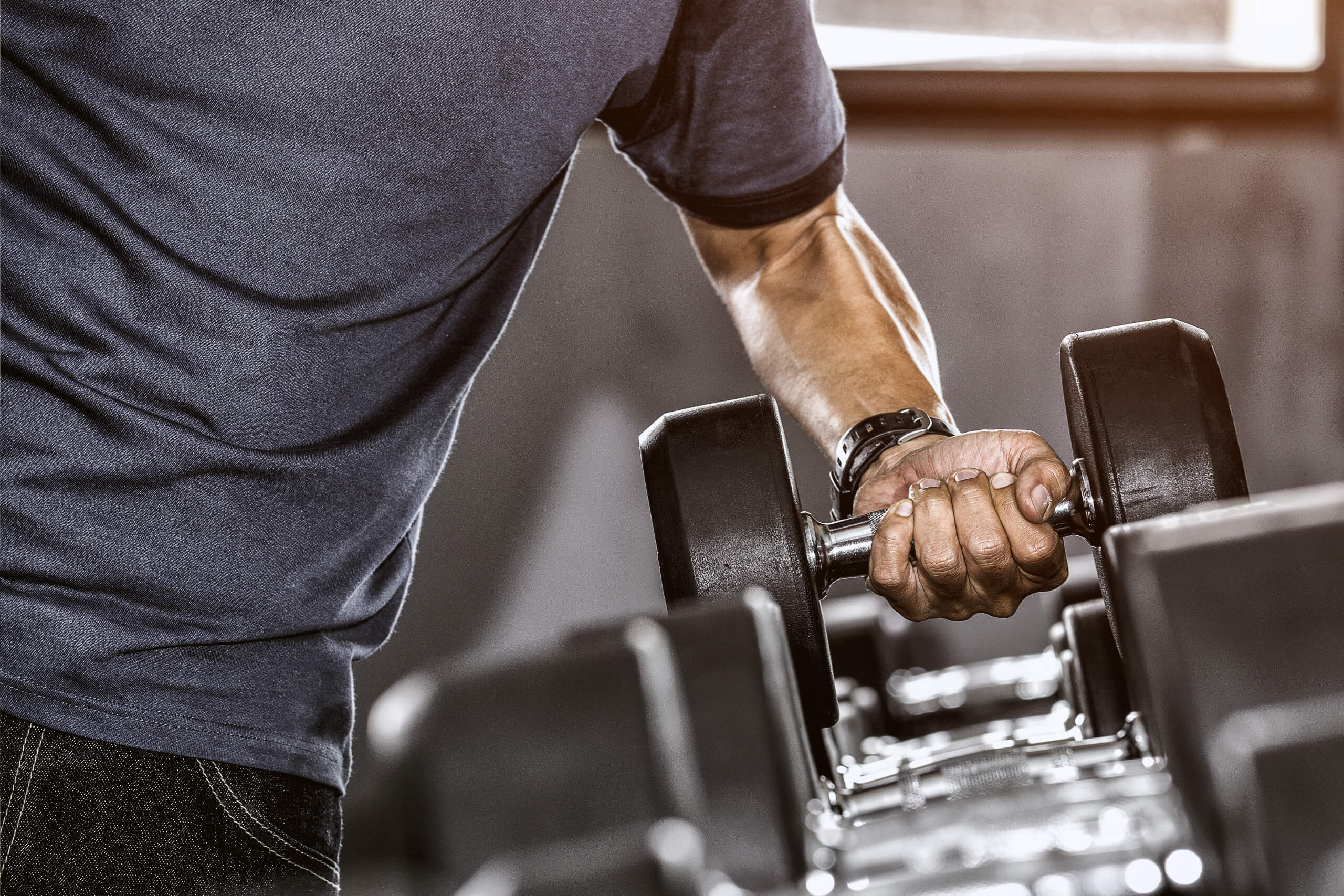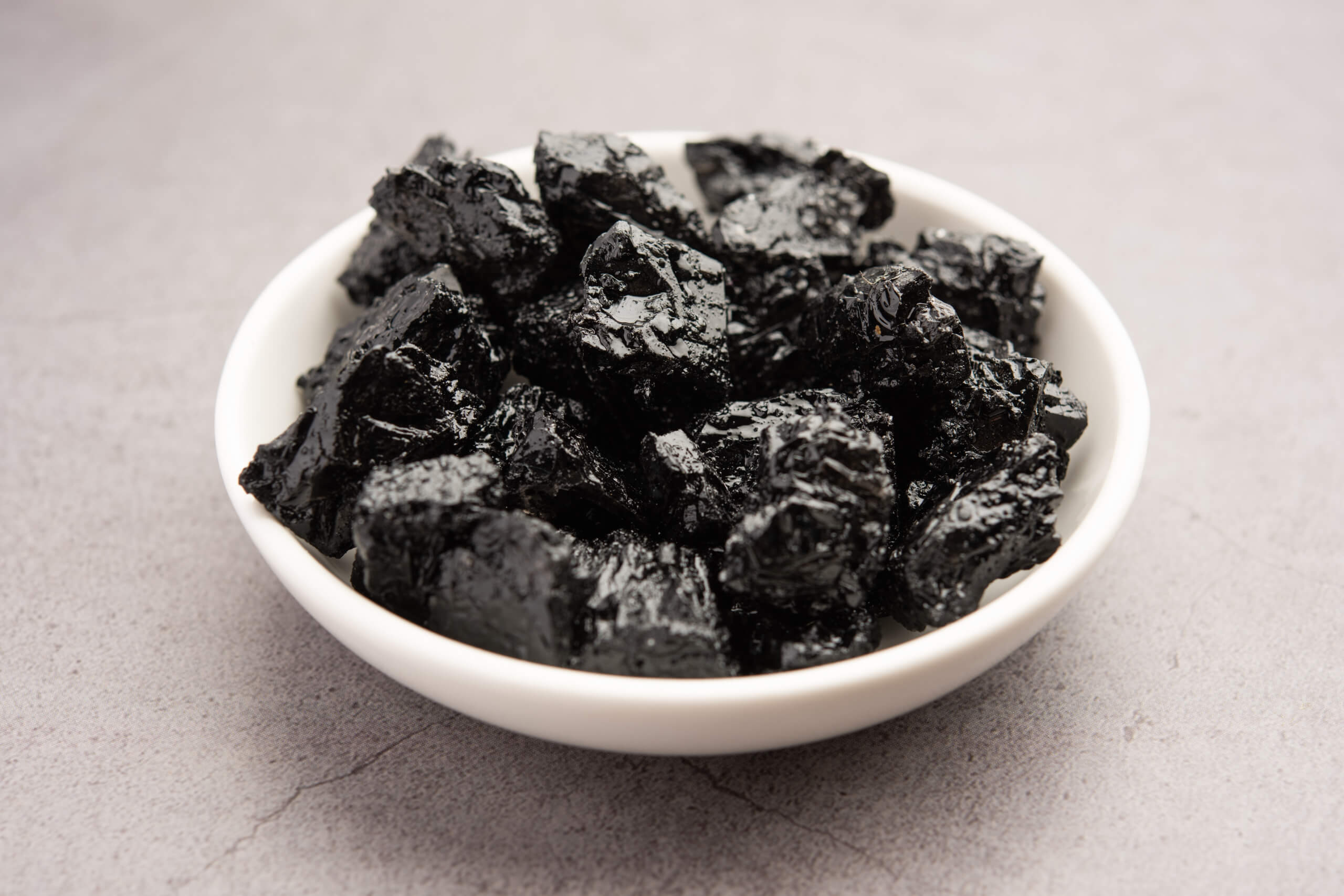Introduction
Muscle hypertrophy is a term that describes the process of increasing muscle size. For fitness enthusiasts, athletes, and bodybuilders, understanding muscle hypertrophy is crucial for optimizing their training regimens. This article delves into the science behind muscle hypertrophy, breaking down the physiological mechanisms, the role of nutrition, the impact of supplements, and practical tips for maximizing muscle growth.
The Basics of Muscle Hypertrophy
Types of Muscle Hypertrophy: Sarcoplasmic vs. Myofibrillar
Muscle hypertrophy can be classified into two types:
1. Sarcoplasmic Hypertrophy: This involves an increase in the volume of the sarcoplasm, the fluid and energy substrates within the muscle cell.
2. Myofibrillar Hypertrophy: This type refers to the growth of the actual muscle fibers, leading to increased muscle density and strength.
Key Factors Influencing Hypertrophy
Several factors influence muscle hypertrophy, including genetic predisposition, training intensity, nutrition, and rest. Understanding these factors can help tailor an effective muscle-building strategy.
Physiological Mechanisms of Muscle Hypertrophy
Muscle Fiber Damage
Muscle hypertrophy begins with the damage to muscle fibers caused by intense resistance training. This damage triggers the body’s repair processes, leading to muscle growth.
Metabolic Stress
Metabolic stress is caused by the accumulation of metabolites like lactate during exercise. This stress signals the body to grow muscles to adapt to the increased workload.
Mechanical Tension
Mechanical tension from lifting heavy weights is a primary driver of hypertrophy. The greater the tension, the more significant the muscle growth.
Role of Resistance Training in Hypertrophy
Types of Resistance Training
Different types of resistance training can influence muscle hypertrophy, including:
•Weightlifting: Traditional lifts like squats and deadlifts.
•Bodyweight Exercises: Push-ups, pull-ups, and other bodyweight movements.
•Resistance Bands: Using bands to create tension and resistance.
Optimal Training Intensity and Volume
For effective muscle growth, a balance of training intensity and volume is essential. Generally, lifting heavier weights for fewer reps and incorporating progressive overload leads to significant hypertrophy.

Nutrition and Muscle Growth
Macronutrients and Muscle Building
Proper nutrition is critical for muscle hypertrophy. Key macronutrients include:
•Proteins: Essential for muscle repair and growth.
•Carbohydrates: Provide the energy needed for intense workouts.
•Fats: Important for overall health and hormone production.
Role of Protein in Hypertrophy
Protein intake is paramount for muscle growth. Aim for a daily intake of 1.6 to 2.2 grams of protein per kilogram of body weight to optimize hypertrophy.
Importance of Timing and Meal Frequency
Nutrient timing and meal frequency can influence muscle growth. Consuming protein-rich meals evenly spaced throughout the day ensures a constant supply of amino acids for muscle repair.
Supplements for Muscle Hypertrophy
Overview of Effective Supplements
Several supplements can aid in muscle hypertrophy, including protein powders, creatine, and branched-chain amino acids (BCAAs).
Benefits of Specific Ingredients
•Protein Powders: Convenient source of high-quality protein.
•Creatine: Enhances strength and muscle mass.
•BCAAs: Support muscle recovery and reduce exercise-induced muscle damage.
Mr Test: A Supplement for Muscle Building
Mr Test is a supplement designed to support muscle building. It contains ingredients like horny goat weed, shilajit, turkesterone, fadogia agrestis, zinc, and tongkat ali, which have been shown to enhance muscle growth and overall performance.
Hormonal Influence on Muscle Growth
Role of Testosterone
Testosterone is a key hormone in muscle hypertrophy. It enhances protein synthesis, leading to increased muscle mass.
Impact of Growth Hormone and IGF-1
Growth hormone and insulin-like growth factor 1 (IGF-1) play significant roles in muscle development by promoting cell growth and regeneration.
Recovery and Muscle Growth
Importance of Rest and Recovery
Rest and recovery are crucial for muscle hypertrophy. Without adequate rest, muscles do not have the opportunity to repair and grow.
Techniques for Enhancing Recovery
•Sleep: Aim for 7-9 hours per night to support recovery.
•Active Recovery: Light exercises to promote blood flow and reduce muscle stiffness.
•Hydration: Proper hydration aids in nutrient transport and muscle function.
Common Myths About Muscle Hypertrophy
Myth: More Training = More Growth
Overtraining can hinder muscle growth and increase the risk of injury. Quality over quantity is essential for effective hypertrophy.
Myth: Supplements Alone Can Build Muscle
Supplements can enhance muscle growth but should not replace a solid training and nutrition plan.
Practical Tips for Maximizing Muscle Hypertrophy
Designing an Effective Workout Plan
A well-structured workout plan incorporating a mix of compound and isolation exercises is crucial for hypertrophy.
Monitoring Progress and Adjusting Strategies
Regularly track progress and adjust training variables like weight, reps, and sets to continue making gains.
Incorporating Periodization
Periodization involves cycling through different training phases to prevent plateaus and promote continuous growth.
Conclusion
Muscle hypertrophy is a complex process influenced by various factors, including training, nutrition, supplementation, and recovery. By understanding the science behind muscle growth and implementing effective strategies, individuals can maximize their muscle-building potential.
FAQs
What is the fastest way to achieve muscle hypertrophy?
The fastest way involves a combination of progressive overload, adequate protein intake, and sufficient rest.
How does age affect muscle hypertrophy?
As you age, muscle hypertrophy becomes more challenging due to hormonal changes, but it’s still achievable with proper training and nutrition.
Can women achieve the same hypertrophy as men?
Women can achieve significant muscle hypertrophy, but due to lower testosterone levels, the rate and extent may differ from men.
Is muscle soreness a sign of effective hypertrophy?
Not necessarily. Muscle soreness can occur without significant hypertrophy, and muscle growth can happen without soreness.
How does sleep impact muscle growth?
Sleep is vital for recovery and muscle growth as it allows the body to repair and build muscle tissue. Aim for 7-9 hours of quality sleep per night.
Related Posts
31/12/2024
Saw Palmetto: Support Prostate Health and Boost Testosterone
Saw Palmetto, a powerful herbal extract, has been a popular choice for men looking to support prostate health and…
21/12/2024
Fadogia Agrestis: Unlocking Natural Testosterone Boost
Are you searching for a natural way to supercharge your testosterone levels? Enter Fadogia Agrestis, a powerhouse herb…
09/12/2024
Top Protein Sources for Maximum Muscle Gain
Quisque non est quis libero ornare egestas vel ut arcu. Ut non mauris maximus, consectetur lorem et, interdum quam. Nam…
27/11/2024
The Benefits of Shilajit for Testosterone and Muscle Mass
Have you ever heard of Shilajit? This sticky, tar-like substance has been revered in Ayurvedic medicine for thousands…
15/11/2024
How TongKat Ali Boosts Testosterone: What You Need to Know?
Struggling with energy levels, mood swings, or difficulty gaining muscle? These could all be signs of low testosterone.…
03/11/2024
Strategies to Combat Male Hair Loss
Male hair loss is a common challenge affecting men worldwide, with a multitude of factors contributing to this concern.…
22/10/2024
How to Combat Fatigue and Increase Energy Naturally for Men
Fatigue can sneak into your life for several reasons, and when it hits, it feels like you're dragging yourself through…
10/10/2024
Effective Strength Training Workouts for Muscle Growth
Strength training is one of the most effective ways to increase muscle mass. Whether you’re lifting weights or using…
28/09/2024
5 Lifestyle Changes to Improve Men’s Mental Health
Mental health is just as important as physical health, yet it often doesn't receive the attention it deserves,…










